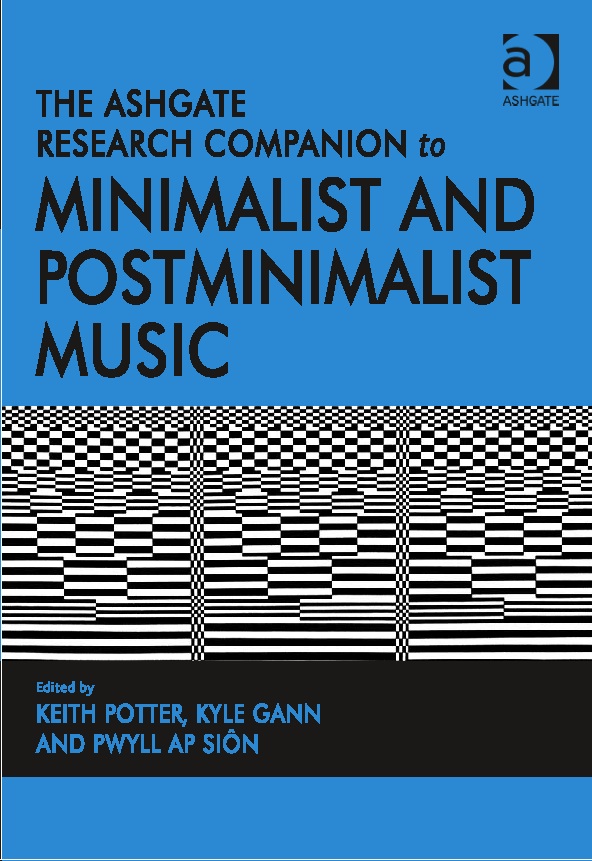I had not planned to get into Charles Ives’s actual religious beliefs, but I find that I can’t fully dissect his Emerson essay without addressing them. Four times in Essays Before a Sonata Ives refers approvingly to “Dr. Bushnell.” This is Horace Bushnell (1802-1876), a Congregationalist minister whose sermons were widely read in the 19th century, and who is sometimes described as having caused a revolution in liberal Christianity. He preached in Hartford from 1833 to 1859. Like the Transcendentalists, he rebelled against his Calvinist training, did not believe in taking the scriptures as ultimate truth, and promoted a “theology of the feelings” over a “theology of the intellect.” He was, in fact, accused of heresy by the Congregationalist church, and denounced by most ministers of his denomination, and his North Church in Hartford had to separate from the Consociation to prevent him from being removed. And yet, although Bushnell looks from today’s perspective like a congenial fellow traveler with the Transcendentalists, he was actually scandalized by their emphasis on nature, their interest in Buddhist and Hindu scriptures, and their reliance on personal intuition. In his Nature and the Supernatural he wrote of Emerson,
Who is a finer master of English than Mr. Emerson? Who offers fresher thoughts in shapes of beauty more fascinating? Intoxicated by his brilliant creations, the reader thinks, for the time, that he is getting inspired. And yet, when he has closed the essay or the volume, he is surprised to find – who has ever failed to notice it? – that he is disabled, disempowered, reduced in tone. He has no great thought or purpose in him; and the force or capacity for it seems to be gone.
[To continue from the draft of my book:]
Ives’s evident but non-specific admiration of Bushnell would hardly concern us were it not for the more immediate influence of Bushnell’s chief protégé. In 1865, Bushnell’s supporters built the Asylum Hill Congregational Church in Hartford, and accepted as pastor, on Bushnell’s fervent recommendation, a former Union chaplain just back from the Civil War with whom he had been highly impressed: Joseph Hopkins Twichell (1838-1918). Twichell, of course, would later father a beautiful daughter named Harmony, whom Ives would marry in 1908. Even so, Bushnell’s reputation had been so besmirched that the church’s examining council had to be carefully assured that Twichell would tread a less radical path than his mentor….
And so Ives wrote the Emerson essay around the time of the death of his beloved father-in-law, who had been the close protégé of a theological writer who considered Emerson a dangerous heretic. Ives does not directly adjudicate among their beliefs, and in fact probably felt rather sharply that he was stepping through a minefield of theological controversy between two (if not among three, including Bushnell) of his heroes. He must have had little interest in doctrinal specifics, and a tremendous personal incentive not to step on toes. Consequently his essay provides mixed evidence on how far he will follow Emerson theologically. He refers, for instance, to Emerson’s denial of the validity of the Lord’s Supper as “a youthful sedition,†seeming to equate it with an “excess of enthusiasm at the inception of a movement [that] causes loss of perspective….†(p. 18); and yet it was this issue that led Emerson to the fateful point of resigning his Unitarian ministry….
[Aside from the various Transcendentalist and non-Transcendentalist precepts he alludes to,] I suspect Ives was tightly drawn to Emerson because of the parallelism he saw between their respective projects. The Transcendentalists rejected the primacy of scripture, considering it “merely the words of men who interpreted the divine Logos in their own languages and through their own cultural dispositions.†Relying on linguistics and examination of manuscripts, they subjected the truths of religion to rigorous scientific examination. They came to believe, no longer in a God who was separate from man, but in a divinity in which each man partook. Therefore, a human being could draw on his own intuition and psychology for religious truth, rather than accepting the dogma of scriptures and the established church that mandated their correct interpretation. However strongly or weakly Ives may have felt this religious truth, musically, he was in exactly the same situation the early Transcendentalists had been in theologically. He had been taught that he must use the same chords, the same voice-leadings, the same genres and forms used by the great European composers. His intuition, his psychology, his knowledge of acoustic science told him something different. He did not have to accept received authority in his field any more than the Transcendentalists did in theirs. Like them, he had to make a complete break and rely radically on his own intuition.
Emerson left the Unitarian Church in 1832, nominally because he could no longer believe in the sanctity of Communion, but more deeply because he could no longer teach the church’s required dogma. In a strikingly parallel way, Ives left his church organ job and the music world in 1902 because he could no longer believe in the limited, conservative music that world required. Emerson’s break came at age 29, Ives’s at 27. This lends a certain poignancy to Ives’s whimsy about how the theory-pedagogue Jadassohn wouldn’t have been able to analyze Emerson’s harmony, “if Emerson were literally a composer†(p. 24); as though Ives recognized that he and his hero were not so much in agreement as in parallel situations. The difference between the Transcendentalists and Ives, one that he probably knew little about and wouldn’t have cared about had he known, is that they were spurred on by European models: Victor Cousin, Swedenborg, Coleridge. Ives had no European models to begin with, and such ones as came by – Debussy, Scriabin – seemed comparatively timid and inadequate. His ultimate unity with the Transcendentalists was not that he shared their religious beliefs, but that he, too, was fated to break away from teaching, tradition, and authority, to make up a new kind of music out of his own intuition and imagination.
* * * * * * * * *
What’s really puzzling me is the last line of Ives’s Emerson essay, which refers to “the Soul of humanity knocking at the door of the Divine mysteries, radiant in the faith that it will be opened – and the human become the Divine!” This concept of deification (reminiscent of certain early Church fathers like Athanasius) doesn’t seem to be a Transcendentalist idea, and it sure as hell isn’t Bushnell, either!






